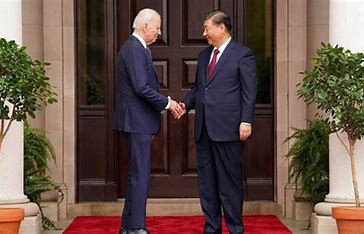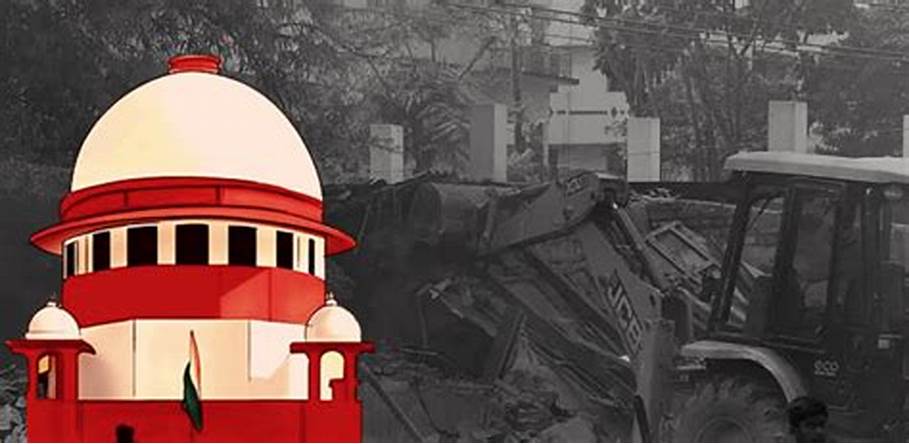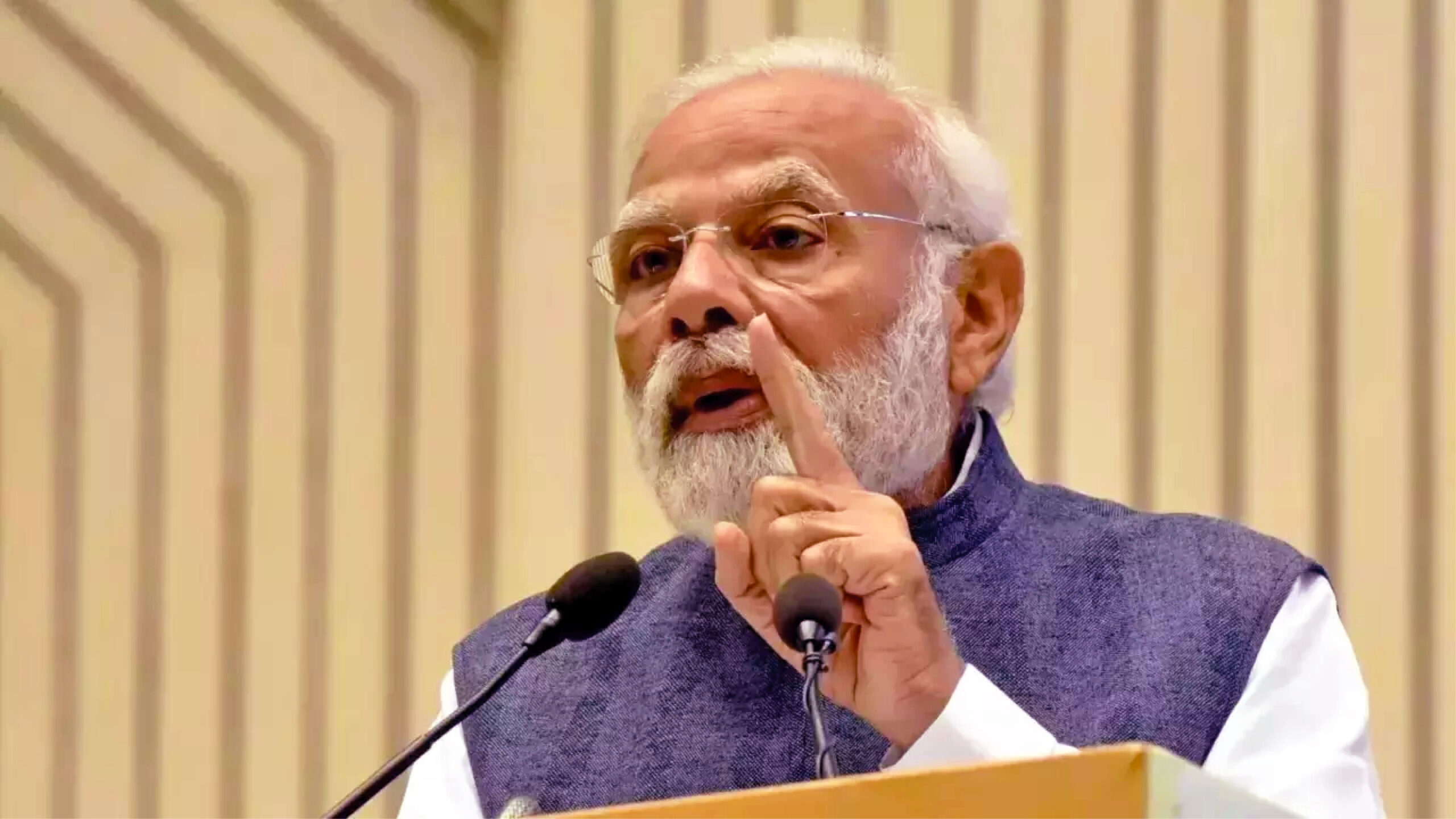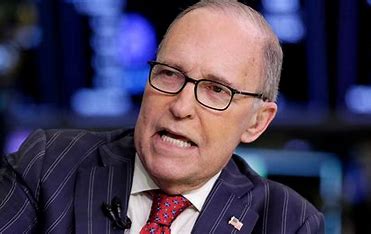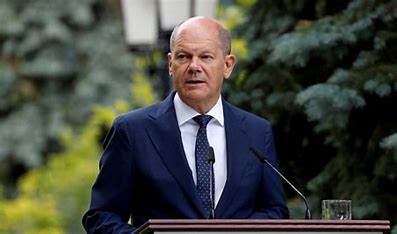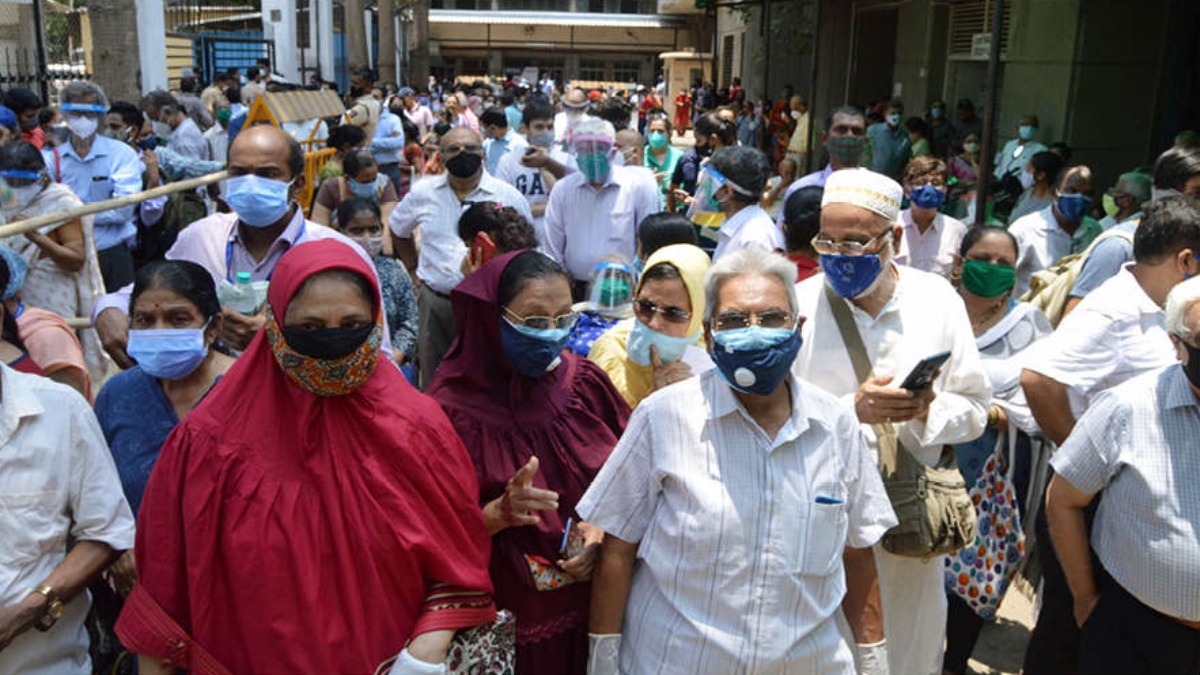
There is a sudden clamour for a national lockdown, with Congress leader Rahul Gandhi being very vocal about it. He is following in the footsteps of Dr Anthony Fauci, who thinks that India should go for a stringent lockdown for at least two-three weeks, as else apparently the coronavirus transmission chain cannot be broken. But then such views are not exactly supported by many Indian scientists, who have a better idea of the ground reality in India than any American, however illustrious, may possibly have. The problem is, there is no study that can say with certainty that a lockdown will actually break the chain of transmission and will bring down the infection level. Last year’s lockdown helped delay the spread of the infection and gave some time to the authorities to prepare the system to cope with the surge that followed once the restrictions started being removed. However, when the first wave happened, it was not as infectious as the current one, which the scientists believe was because of the natural immunity that Indians have. The reason why they are hardier than their western counterparts. Some scientists also believe that the virus could not cope with the average Indian’s immunity system and cases tapered off naturally after peaking to the level of a little over a lakh a day. Now that a far infectious variant has arrived, more people are getting infected, because of which the total caseload is going up, with that the number of deaths too. However, many scientists and virologists are of the opinion that this is not the time to go for a lockdown because it will not help contain the wave; instead, it’s time to ramp up the vaccination drive, not only to contain the spread of the virus, but also to counter likely future waves. There is enough evidence to prove that vaccination is saving lives and hence the stress should be on covering as many people as possible within a short span of time.
Scientists and experts also say that of the total number of cases, 85%-90% are very mild, in fact even asymptomatic, which will eventually push the country towards herd immunity—but that may or may not be some time coming. However, any movement towards herd immunity also means that the infection is far more widespread than it is believed to be, and more the tests conducted, higher the number of cases, although mostly asymptomatic. The slight dip in cases that Maharashtra is witnessing need not necessarily be because of the lockdown, but may be because the wave has already peaked there, say some scientists. And India as a whole is possibly reaching the peak of the second wave sooner than later. Opinions are divided on whether or not the peak can be arrived at artificially by what is known as “breaking the chain” through lockdowns. Instead, what is verifiable is that a lockdown has a huge economic cost, which the country may not be able to bear as it struggles out of the pit that it has fallen into since last year.
Also questions exist about a blanket country-wide lockdown. The infection is not evenly spread, some states are worse affected than others, and even in the worst affected states, the cases are not evenly spread. In fact, it is not just vaccination, what is needed is the ramping up of the healthcare system, so that we are better prepared to tackle any likely future wave. It also needs to be checked if medical practitioners are following the latest guidelines from Indian Council of Medical Research (ICMR) on Covid treatment. If not, there has to be strict implementation. The treatment is evolving but there have been complaints that doctors are still prescribing “old” ways of treating the virus. What is also needed is masking up and following social distancing norms. Indians have to learn to behave responsibly.
Several states have already imposed severe restrictions, including lockdowns. Last year when the Centre imposed a countrywide lockdown, some states were unhappy as they felt that the countrywide lockdown did not take into account local factors. In fact, the Central government faced heavy criticism both nationally and internationally for imposing the lockdown. And now that the Centre has left it to the states to decide how they go about imposing the restrictions, suddenly there is a hue and cry on the need for a nationwide lockdown. Interestingly, when Rahul Gandhi is furiously asking the Prime Minister to impose a national lockdown, his own party Chief Minister, Amarinder Singh of Punjab is categorical that there will not be a lockdown in his state, but restrictions. Let the states do what they think is best for them instead of India going for a national lockdown.
